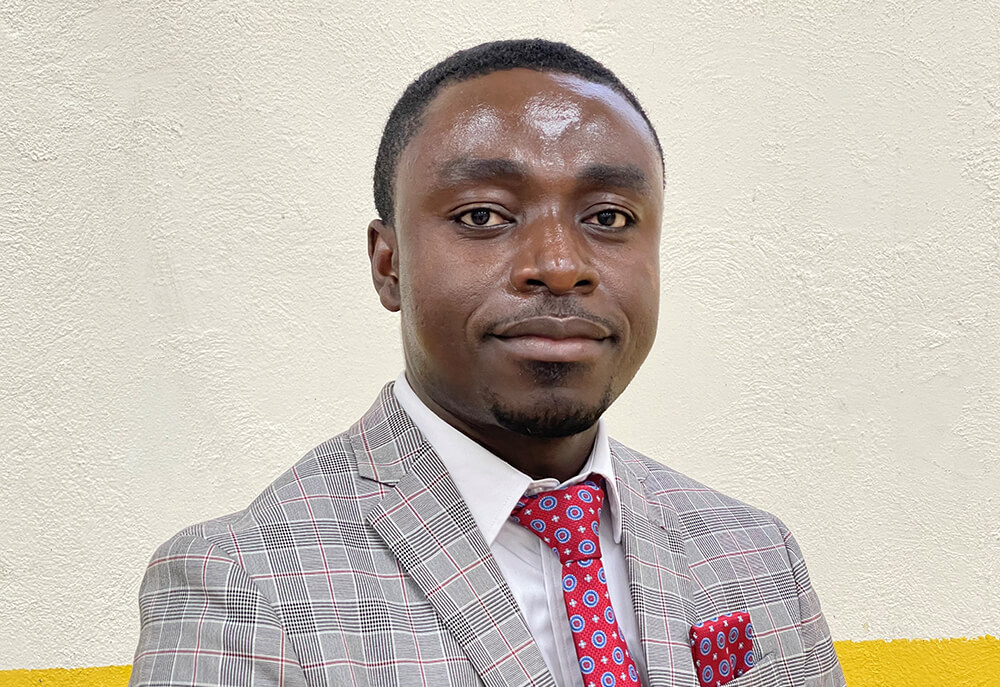PharmD Dreams Ignited in Ghana, Realized in the USA
Touro College of Pharmacy ’20 Michael Boadu on Pharmacy Practice, Preparation, and His Work in the Hospital

Michael Boadu, PharmD, M.A., Touro College of Pharmacy (TCOP) Class of 2020, came to the U.S. from Ghana, passionate about becoming a pharmacist, and today plays an integral role in patient-centered care.
How did you become interested in a career in pharmacy?
I developed the passion to become a pharmacist way back in 2003, when I had an opportunity to work with a pharmaceutical company in Ghana (KAMA Health Services). Upon immigrating to the United States in 2011, I researched how to become a pharmacist and worked very hard toward that goal. I acquired tremendous skills and hands-on experience as a pharmacy technician and pharmacy intern at both Montefiore Medical Center and the Children’s Hospital at Montefiore. I have gained a deep respect for the integral role that clinical pharmacists play in driving evidence-based medicine and patient-centered care.
Why did you choose Touro?
I chose TCOP because it had a unique program at the time, popularly known as the “2 + 2”. The curriculum offered two years of didactic courses and two years of practical experience. As a pharmacy technician, I knew and understood the importance of having both practical experience and book knowledge, so comparing TCOP to other pharmacy schools, TCOP was at the top of my list. I was also motivated by the TCOP interns who were working at my hospital.
What is your current position, and can you describe a day in your life on the job?
Currently, I am a staff pharmacist at Montefiore Medical Center–Moses Campus. As a night-shift pharmacist, my typical night could be very busy. I start work at 9:30 p.m. and work until 8:00 a.m. After checking my e-mail at work, I am ready for action. My main duty is verifying medications, and making sure indications are correct, as well as dosing and other parameters and protocols. I check patient-specific medications and floor stocks, and also prepare IV medications when needed.
What are some of the challenges, and what do you like about it?
As a science, pharmacy practice keeps changing. For example, new protocols, guidelines and newly approved medications keep coming up. These changes turn out to be challenging sometimes during practice; nevertheless, I see these challenges as opportunities to sharpen my brain and develop myself to help my patients receive the best care.
How did TCOP prepare you for your professional role?
In addition to the didactic knowledge in pharmacy, my two years of Advanced Pharmacy Practice Experience (APPE) rotations also solidified my clinical experience in areas such as neurosurgical acute practice; pediatrics critical care unit; cardiac care unit; internal medicine; institutional leadership and management; and ambulatory care. In addition, the Social and Behavioral Sciences Department taught me the importance of teamwork in providing patients with the best care possible.

